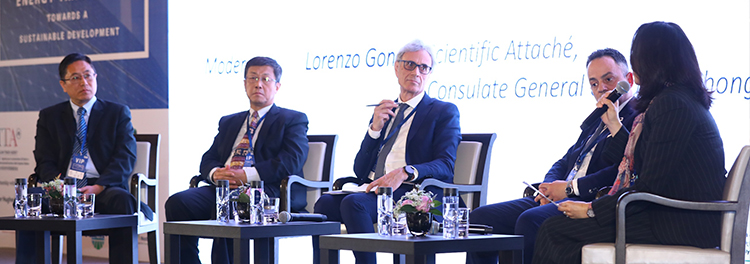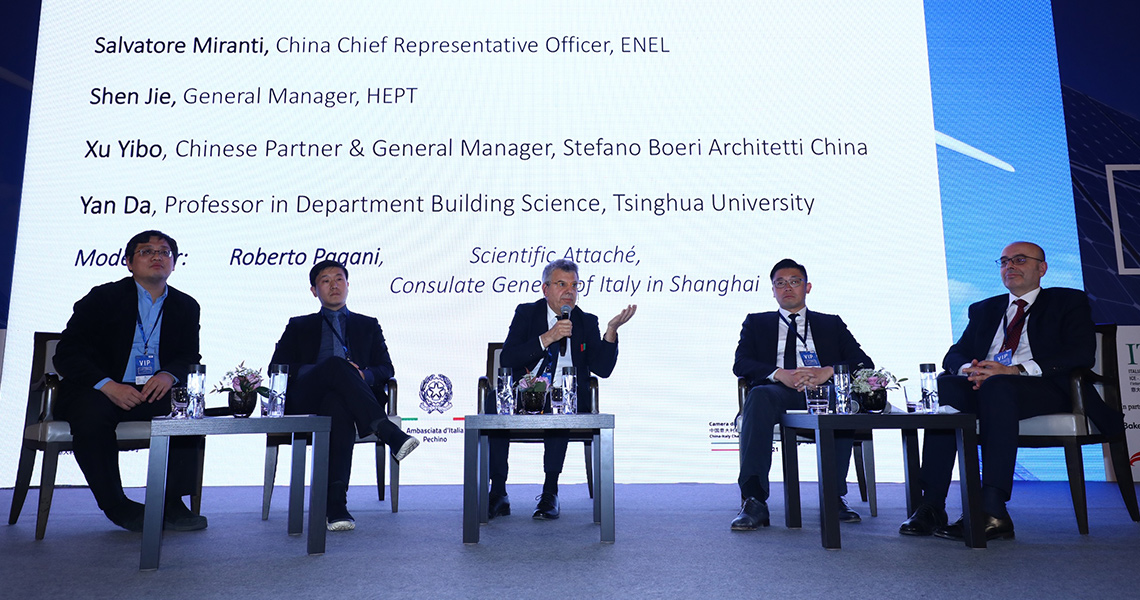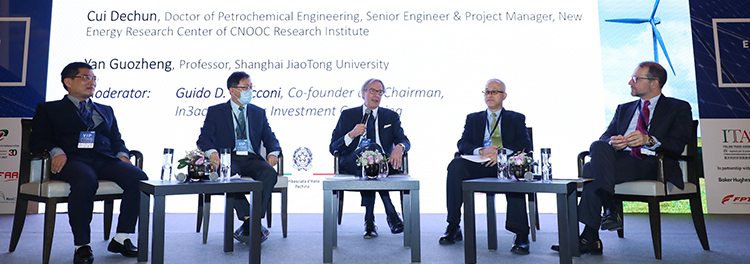
Innovative Projects for Decarbonization: the Future Ahead | Italy-China: Energy Transition – Towards a Sustainable Development
On April 16th, 2021, the China-Italy Chamber of Commerce organized, together with the Embassy of Italy in Beijing and ITA –



